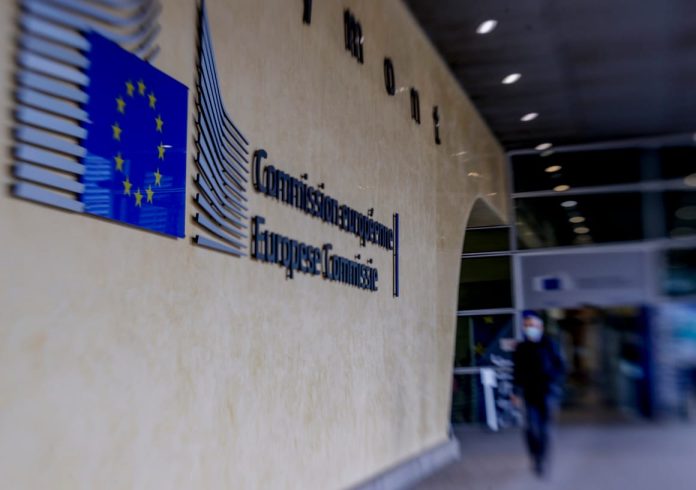The debate on child sexual abuse regulations on the Internet is dominated by privacy at the expense of children’s rights, Euractiv reports.
EU countries rightly value the right to privacy and the protection of personal data, and their defence has led to ground-breaking EU laws.
However, the EU’s commitment to privacy could undermine another fundamental right – the right of children to be protected from online sexual abuse.
Privacy concerns dominate the current debate around the regulation establishing rules to prevent and combat child sexual abuse, so much so that it distracts attention from the obligations that EU Member States have to children.
Such a unilateral approach, as propagated in the European Parliament, not only threatens to leave millions of children unprotected from sexual harm online, but is methodologically flawed from a human rights law perspective.
States should help to resolve tensions between the various rights their citizens have. In this case, while privacy is an important qualified right requiring inherent protection, children are also entitled to protection from inhuman and degrading treatment, a weighty absolute right requiring active government action.
The EU debate is dominated by a monoscopic view of the right to privacy and data protection that fails to adequately take into account the opposing duties that states have towards children.
In justifying the purpose of the Bill, the EU Commission drew attention to these positive duties in its proposals, but MEPs almost never mention them.
The Commission’s initial approach encourages the use of innovative detection technologies, and introduces a number of necessary safeguards to balance children’s rights and privacy.
In contrast, by rendering much of the regulation meaningless, the parliamentary amendments put privacy above the duty to protect children.
The EU and its member states must strike a balance between the two sets of rights and duties involved in this context, but opponents in both the European Parliament and the Council have resisted attempts to reach a compromise.
Any bill takes time to go through the legislative process, but in this case the clock is ticking.
If the EU fails to reach an agreement before the current derogation, which allows communications services to detect child abuse material in the absence of comprehensive regulation, expires this summer, companies will have no legal basis to search for child abuse material on their platforms.
This will not only put children at significant risk of online sexual abuse, but will also breach EU and Member States’ legal duties to protect children.
Sexual abuse and exploitation of children online constitutes a grave and serious violation of children’s fundamental rights – rights enshrined in international and European human rights law as well as in the founding treaties of the European Union.
Article 3 of the EU Treaty and Article 24 of the EU Charter of Fundamental Rights emphasise the protection of children’s rights. As the ECJ has regularly emphasised, in Article 83(1) of the Treaty on the Functioning of the European Union, “sexual exploitation … of children is a particularly serious offence”.
In addition to the founding treaties of the EU, EU member states are signatories to the UN Convention on the Rights of the Child as well as the Council of Europe Convention on the Protection of Children against Sexual Exploitation and Sexual Abuse, which requires states to take appropriate measures, including legislation, to protect children from sexual abuse.
All EU member states must strictly comply with the European Convention on Human Rights. Here too, the European Court of Human Rights has reaffirmed states’ positive obligations to protect children from sexual violence, insisting that government measures must be “practical and effective” and requiring states to “maintain … an adequate legal framework” to effectively prevent, investigate, prosecute and punish sexual abuse of children – all of which is legislated for in the Commission’s proposal.
All of this demonstrates that EU countries are obliged to protect children under a range of human rights obligations, including EU treaty law. It is to ensure these rights that the European Commission has proposed this regulation.
Rather than seeing this regulation as a threat to privacy, the lack of comprehensive legislation to prevent the dissemination of sexual violence material on the internet should be seen as a serious threat to fundamental rights.
While EU Member States have discretion in how positive obligations are implemented, it is nevertheless important for them to find a compromise in respecting the negative rights to privacy and data protection, as well as fulfilling the minimum standards required by the positive obligations imposed on them.
If the focus on the right to privacy ultimately hinders the State’s efforts to effectively prevent and investigate crime, then the balance of rights must be reconsidered to respect children’s rights to protection.
A stereoscopic view of human rights is therefore a requirement of human rights law. The current political prioritisation of the right to privacy and data protection at the expense of positive obligations to children risks violating established human rights legal standards.
